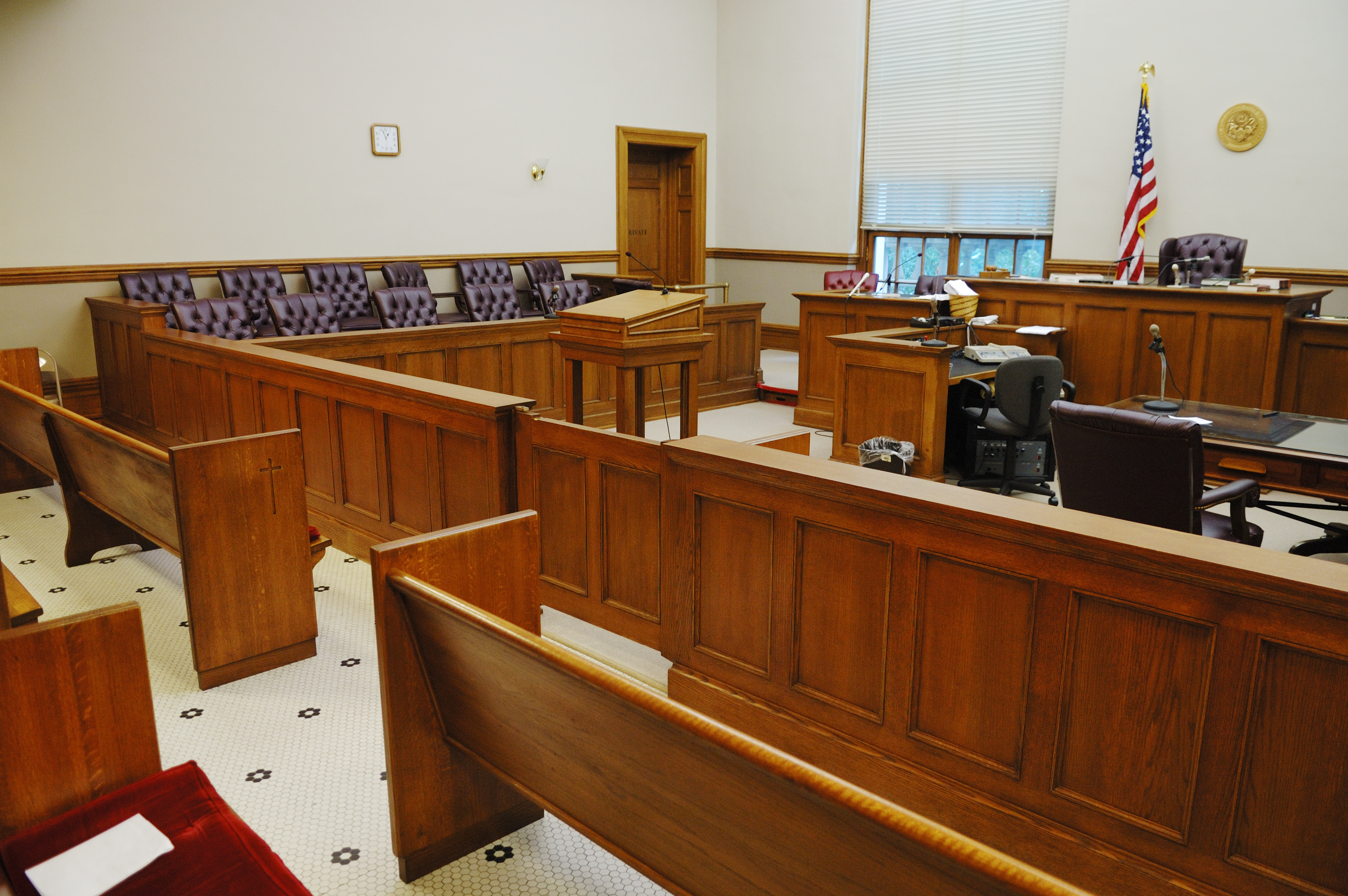Brady, Giglio and the Manhattan DA’s Secret List of Police Officers with Adverse Credibly
One of the most common reasons that wrongful convictions are overturned involves the suppression of material that is favorable to a defendant, so-called Brady and Giglio. Prosecutors have an obligation to disclose records that are either exculpatory or impeach a prosecution witness. These obligations date back to two U.S. Supreme Court cases.

Brady and Giglio material should be disclosed to the defense in criminal cases.
First, Brady v. Maryland, 373 U.S. 83 (1963), deals with exculpatory evidence. Second, Giglio v. United States, 405 U.S. 150 (1972), deals with evidence that impeaches a prosecution witness. The law of Brady and Giglio, as the concepts are referred to, can be complicated. Whether or not the evidence is the actual or constructive possession of a prosecutor’s office may affect a post-conviction analysis regarding if the material should have been disclosed to the defense. Whether or not the evidence was material, thus probably or possibly would have changed the verdict is another factor in determining if the material should have been disclosed. Finally, whether or not a defense attorney made a specific request for the Brady or Giglio material that was suppressed affects the analysis of materiality.
The issue of a police officer’s credibility is criminal prosecution is often the paramount issue at trial. Thus, whether or not a police officer has been found to be dishonest, which falls under Giglio, is of great importance to a defendant. This is especially true if the accusers in a criminal case are police officers. Recently, USA Today published records from 44 states relating to police officer disciplinary records and credibility.
Back in March 2018, I made a Freedom of Information Law (“FOIL”) request to the Manhattan DA’s Office for the list of police officers with adverse credibility findings. I made the request after a high-ranking employee of the Manhattan DA disclosed the existence of the list to a judge during a trial. (My client was found not guilty of all charges.)
The Manhattan DA’s Office denied access to the list for reasons that I do not think apply to FOIL. I appealed the denial of access the list to the Manhattan DA’s Office. The appeal was denied. Thus, I was compelled to file an Article 78 in New York County Supreme Court to obtain the list. The court filings and exhibits are available to the public:
- The Freedom of Information Law request can be found here.
- The minutes of the court appearance where the list of police officer adverse credibility findings can be found here.
- The Petition for the Article 78 can be found here.
- The Memorandum of Law for the Article 78 can be found here.
- The Answer to the Article 78 can be found here.
- The Memorandum of Law in Reply can be found here.
The case, which has been covered by the New York Post and WNYC / Gothamist, is currently pending with oral argument scheduled in May 2019.





